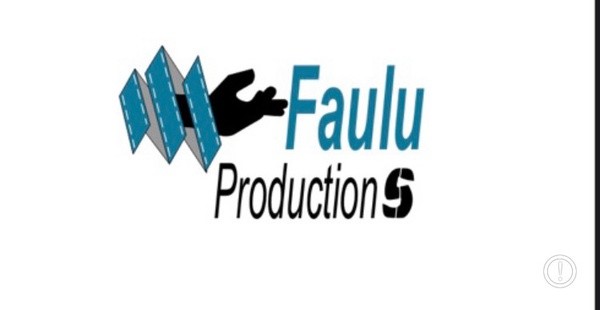This program seeks to address the lack of music and drama training
facilities within the camp, offering youth the opportunity to develop
their musical talents into viable careers rather than simply leisure
pursuits.
The key objectives of this project include:
- Developing an analytical, creative, and intuitive understanding of music as a cultural language.
- Fostering the aspirations and artistic integrity of refugee youth through music performance.
- Providing an avenue for youth interested in music to explore sound, rhythm, beat, tone, and body movements.
- Encouraging social interactions among youth, fostering identity development, and revealing individual personality traits.
- Offering a means for youth to express and explore their emotions.
- Recognising the importance of music therapy as a healing tool,
- shifting focus from problems to solutions through music and drama.
- Providing a rhythmic structure for relaxation and breathing.
- Aiding music enthusiasts in visualising positive images that evoke pleasure, happiness, mood changes, and deep relaxation.
Participating in this project at Kakuma refugee camp in Kenya will allow you to make a positive impact on others, contribute to a better world, enhance your CV, gain valuable work experience in an African setting, and utilise your creative skills. Upon completion, you will receive a recommendation and certificate.
Project Tasks
- Proficiency in teaching various dance styles and methodologies, from beginner to advanced levels.
- Teaching acting skills, including voice and movement, in a classroom setting.
- Conducting acting classes to enhance students’ skills and industry knowledge.
- Developing dance curriculum and preparing lesson plans.
- Effective communication with a diverse group of teachers and students.
- Engaging, encouraging, and motivating students to achieve their goals.
- Evaluating student performance and providing suggestions for improvement.
- Conducting group and private lessons as required.
- Creating a fun and creative learning environment.
- Staying updated in your discipline and implementing necessary changes to dance routines and curriculum.
- Assessing student progress and offering feedback on technique and performance.
- Teaching general music styles.
- Building relationships with and mentoring students.
- Incorporating musical instruments and movement in lessons, among other responsibilities.
